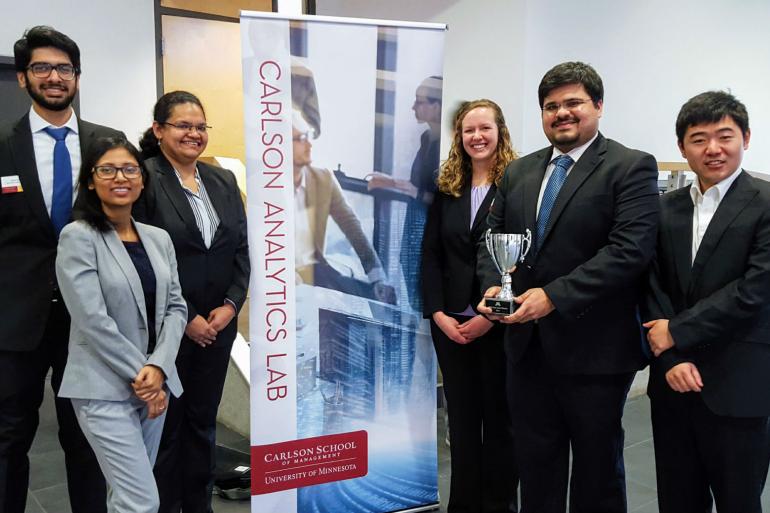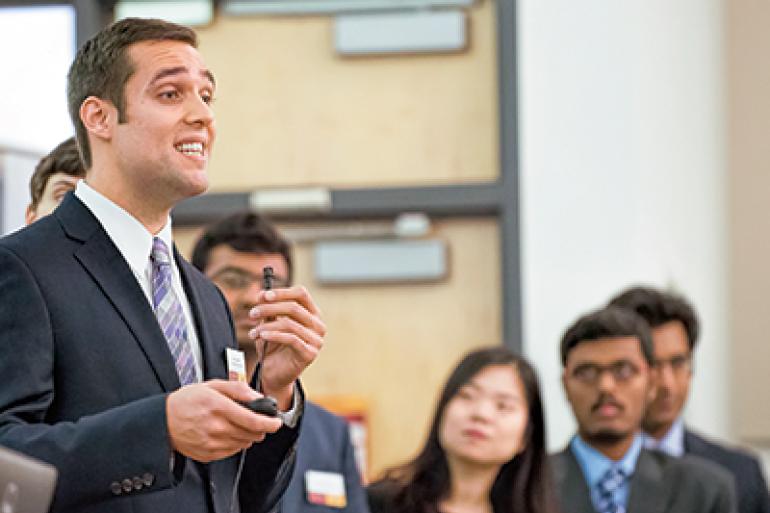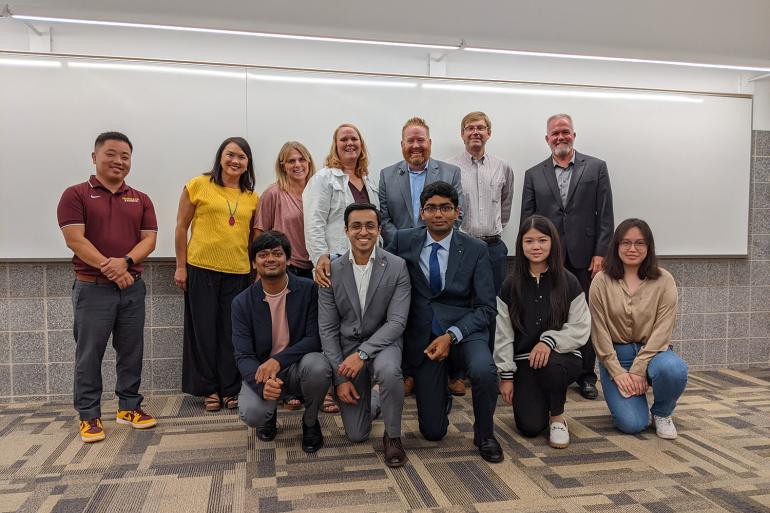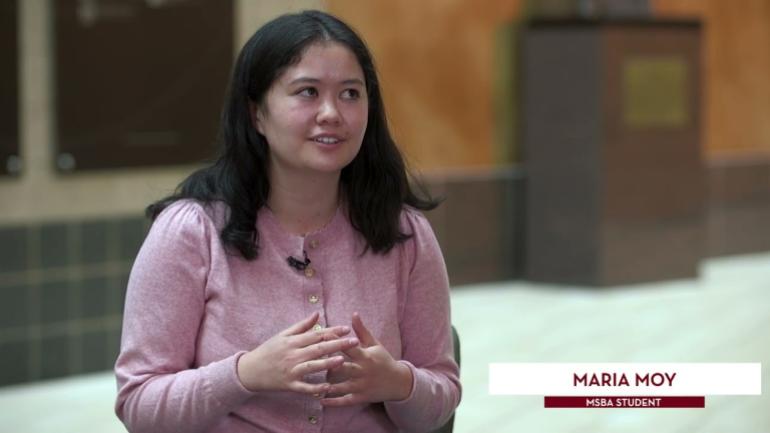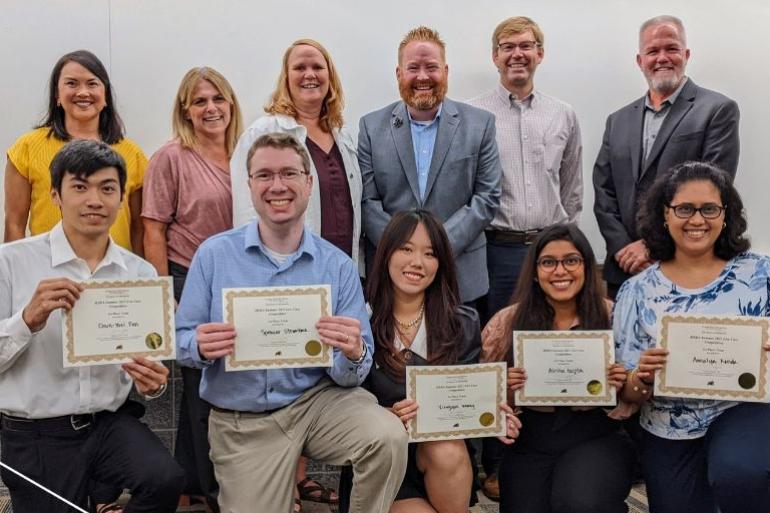Business Analytics Experiential Learning
The MS in Business Analytics program at the Carlson School of Management provides students with experiential learning opportunities delivered by the Carlson Analytics Lab (CAL) across all three semesters. You'll have numerous chances to translate classroom knowledge into real-world projects with client companies, gaining invaluable practical experience along the way.
- Real-world projects: Immerse yourself in genuine business challenges, offering practical experience and the opportunity to propose actionable recommendations.
- Hands-on experience: Develop proficiency in the latest analytics techniques through practical application, ensuring readiness for the evolving analytics field.
What is the Carlson Analytics Lab?
The Carlson Analytics Lab (CAL) serves as a crucial platform within the MS in Business Analytics program, facilitating student engagement with external stakeholders and real-world data. It provides a unique opportunity for students to apply their knowledge and skills in a practical setting, serving as a valuable test of their learning.
Experiential Learning Timeline & Structure
What sets the Carlson School's experiential learning apart from other MS in Business Analytics programs is its year-round availability, providing continuous opportunities for students to gain hands-on experience. This unique approach eliminates the need for traditional internships during the program, ensuring that students do not miss out on this invaluable type of applied, practical learning.
Trend Marketplace
Trend Marketplace
Data-driven consulting projects, industry speaker sessions, analytics competitions, on-campus and international residencies, and various initiatives led by the Carlson Analytics Lab offer students invaluable opportunities to gain insights from companies including Sun Country Airlines, Land O' Lakes, Mall of America, and Regis Corporation, among others.
Live case projects, integrated into coursework, focus on exploratory and predictive analytics, lasting 3-4 weeks and conducted in small student groups. Sponsored by local companies, these projects provide access to extensive datasets with broad objectives, fostering friendly competition and enhancing resumes as preparation for the final semester's significant experiential learning project (ELP).
Students have the opportunity to explore case studies related to specific clients, delve into new technologies and methods, and participate in a trade-show style event where business partners, industry experts, and special faculty guests provide judging and feedback.
Foster meaningful connections with industry leaders by leveraging partnerships with top-tier companies, offering invaluable insights and fostering opportunities for professional growth.
Carlson School Analytics Lab
Learn about the Carlson Analytics Lab (CAL) and how it helps you gain real-world experience solving business analytics challenges for organizations.
Experiential Learning Project (ELP) Structure
In the final semester of the Carlson MSBA program, students work with the Carlson Analytics Lab to embark on a semester-long experiential learning project This immersive experience, constituting a 5-credit capstone, marks the beginning of their journey into practical application within the field of analytics. Here's how the journey begins:
- Team Formation: Students collaborate in teams of 4-6 members, each assigned their own project, fostering teamwork and collaboration from the outset.
- Skill Optimization: Self-rank skill sets and benefit from faculty optimization to ensure teams are well-balanced and equipped for success.
As students delve deeper into their projects, they become fully immersed in real-world data analytics work. Here's what the project engagement entails:
- Time Commitment: Dedicate 10-15 hours per week per person, accumulating over 1,000 hours per team, to fully immerse in project tasks.
- Hands-On Tasks: From writing code to evaluating data and data engineering, students engage in a variety of practical tasks crucial for data analytics success.
- Deliverables: Produce analyses, reports, code, models, live dashboards, and knowledge transfer documentation to address client needs and implement effective solutions.
As the project unfolds, students reach significant milestones and ultimately conclude their journey with valuable insights and experience. Here's how it all comes together:
- Weekly Client Meetings: Participate in regular client meetings to ensure project alignment and provide updates on progress.
- Midpoint Presentations: Present initial results and project plans to clients, faculty, and staff, showcasing progress and strategic direction.
- Project Conclusion: Earn course credit based on evaluations from faculty, staff, and clients, marking the culmination of hard work and dedication.
- Team Formation: Students collaborate in teams of 4-6 members, each assigned their own project, fostering teamwork and collaboration from the outset.
- Skill Optimization: Self-rank skill sets and benefit from faculty optimization to ensure teams are well-balanced and equipped for success.
As students delve deeper into their projects, they become fully immersed in real-world data analytics work. Here's what the project engagement entails:
- Time Commitment: Dedicate 10-15 hours per week per person, accumulating over 1,000 hours per team, to fully immerse in project tasks.
- Hands-On Tasks: From writing code to evaluating data and data engineering, students engage in a variety of practical tasks crucial for data analytics success.
- Deliverables: Produce analyses, reports, code, models, live dashboards, and knowledge transfer documentation to address client needs and implement effective solutions.
As the project unfolds, students reach significant milestones and ultimately conclude their journey with valuable insights and experience. Here's how it all comes together:
- Weekly Client Meetings: Participate in regular client meetings to ensure project alignment and provide updates on progress.
- Midpoint Presentations: Present initial results and project plans to clients, faculty, and staff, showcasing progress and strategic direction.
- Project Conclusion: Earn course credit based on evaluations from faculty, staff, and clients, marking the culmination of hard work and dedication.
Data science skills honed for business
In the Carlson Analytics Lab students utilize various techniques to develop analytics solutions—from descriptive exploration and predictive analytics to causal inference and prescriptive optimization.
House of Analytics and AI
Responsible AI
Ethical AI, Algorithm Fairness, Bias Mitigation, Explainable AI, Data / Model Privacy
Deep Learning and Generative AI
Generative AI, Natural Language Understanding, Deep Learning
Pillars
| Descriptive What patterns exist? | Predictive What will happen next? | Casual Did X truly cause Y? | Prescriptive How should we respond? |
|---|---|---|---|
Exploratory Analysis Cluster & Rule Mining Anomaly Detection Data Visualization BI Dashboards | Classification Numerical Prediction Forecasting | A/B Testing Experimentation Econometrics | Optimization Resource Allocation Recommender Systems |
Foundation
Technical Foundations
Python, SQL, Big Data, ML Ops, Cloud Computing
Business Foundations
Business Acumen, Communication, Project Management, Teamwork, Critical Thinking

It ultimately involves crafting meaningful recommendations—practical, actionable solutions. It's not just theoretical; what we propose on paper is something that will be implemented and will have a real impact on a significant number of people.
Launch your career
Employing cutting-edge data-driven solutions to address contemporary business challenges propels our graduates into top companies such as


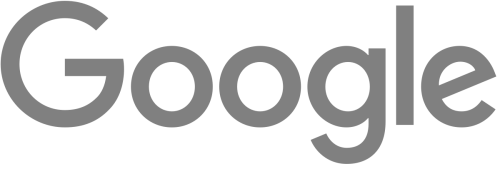

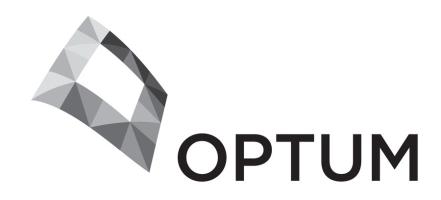
Past Client Companies & Projects
The Carlson Analytics Lab has partnered with a diverse array of clients, ranging from startups to Fortune 100 companies. Our collaborators include major retailers, medical device manufacturers, top consulting firms, agribusinesses, entertainment destinations, government agencies, healthcare providers, and airlines.
Here are a few examples of the analytics consulting projects our students have done:
Carlson School Analytics Lab partners with Land O'Lakes
The Carlson Analytics Lab worked with Land O'Lakes to use consumer review data from channels including Facebook, Twitter, and Purinamills.com to build and deliver a dynamic analytical model. This model is helping the Purina marketing team better align product marketing messages with the ever-changing voice of their consumers.

Six Carlson School students recently completed an experiential learning engagement with the Minnesota Wild NHL team through the Carlson Analytics Lab. They used data to uncover $1.6 billion in potential revenue.
Advance your future with analytics
Need talent for an analytics project?
Companies that work with the Carlson Analytics Lab get high quality project work and the opportunity to meet skilled students before they hit the job market.
